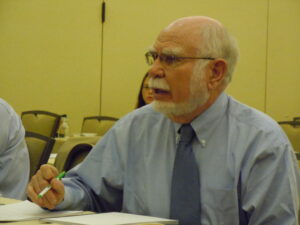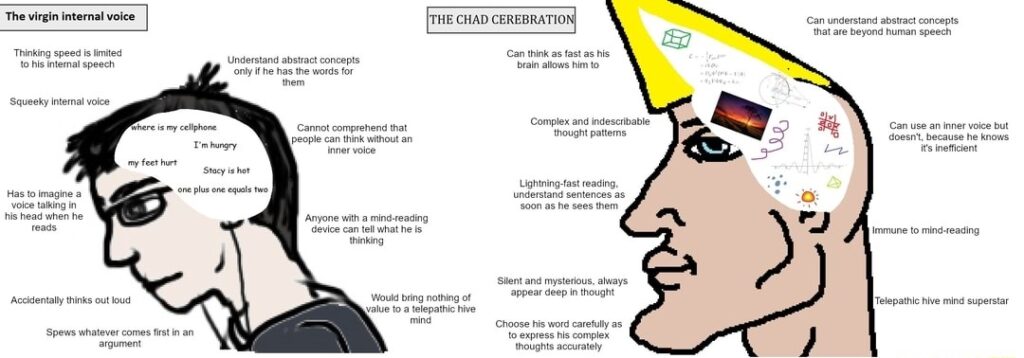
Recently, the fashionable word to refer to a certain class of talking or writing heads is wordcel. A play on wordy and incel, if we take it from Urban Dictionary (which is somehow also woke btw):

Seemingly, the first use of the word is from — where else? — 4chan /pol/, as someone who did some research on Know Your Meme found:

Etymology aside, from a scientific perspective the topic is interesting. On the one hand, it is obvious that there is something different about the people working in language-heavy professions, and those in the quantitative professions. On the other hand when we look at psychometric data, we can isolate language ability or quantitative-spatial ability that is independent of overall intelligence level. However, we mostly, but not entirely, find that the general factor (g) predicts a lot more stuff than the non-g factors, including the specific ability tilts. For a mainstream intelligence researcher take on non-g effects, look at the work by Thomas Coyle. If you want a more standard view, you are in luck because Malcolm Ree and Thomas Carretta just published an article called Thirty years of research on general and specific abilities: Still not much more than g. My view is somewhere in the middle. In fact, in 2020, I wrote a summary article setting out the now typical ideas of the verbal tilt/wordcel model. I had already been discussing these ideas for a few years, so they were around just not written down so much, as I was hoping to get some more validating evidence about political ideology before writing it up for a formal paper. However, already back in 2015, I had noted that interpersonal skills, and prototypical female traits in general, seem to relate to verbal tilt. I used the case of the extremely unpleasant William Shockley to illustrate the point. Of course, I did not originate the verbal tilt term, or studying its relation to many things. I probably picked it up from reading the results of the study of the ultra-gifted in the SMPY sample:
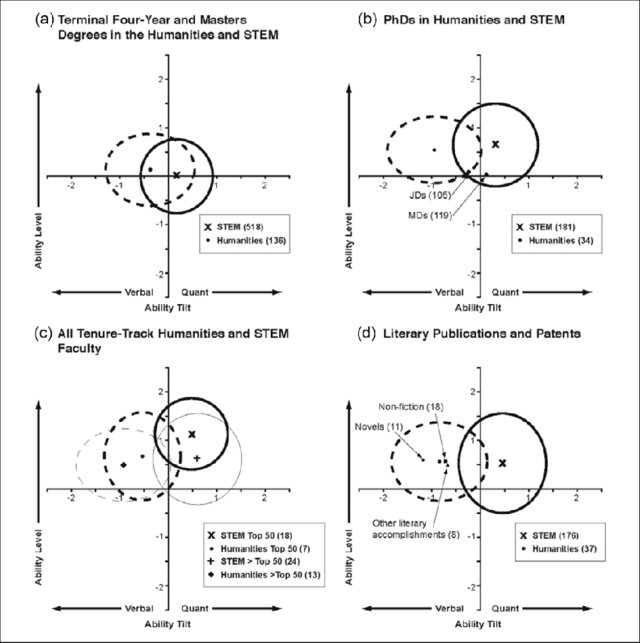
In this study, precocious 13 year olds were given the SAT (an adult test), and their scores used to select ultra-gifted children for study. Since SAT has a verbal and math part, one can compute an ability tilt axis, verbal tilt vs. math tilt. Their later educational choices and professions could be predicted from this ability tilt, as shown by the plots above.
A good recent contribution on the topic is Wordcels vs Shape Rotators? by blogger Sebastian Jensen (I don’t know him). For those looking for a more meme-focused effort, there is the very popular post A Song of Shapes and Words by blogger roon.

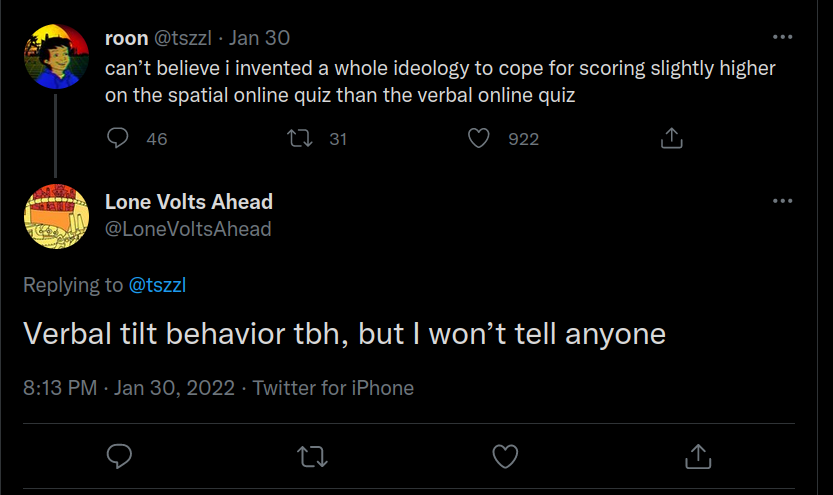
Getting historical
I thought it might be a good idea to look even further back, using Google’s n-gram viewer. This searches millions of books for mentions of some word, so that one can easily trace the use of a term over time. And it’s quite interesting:

I don’t include wordcel here as it hasn’t been used in a book yet — but I am sure the ever prolific Dutton will soon jump on this opportunity! You reading this Ed? Anyway, so you may wonder what the term was used for back in the pre-1900s and so was I:
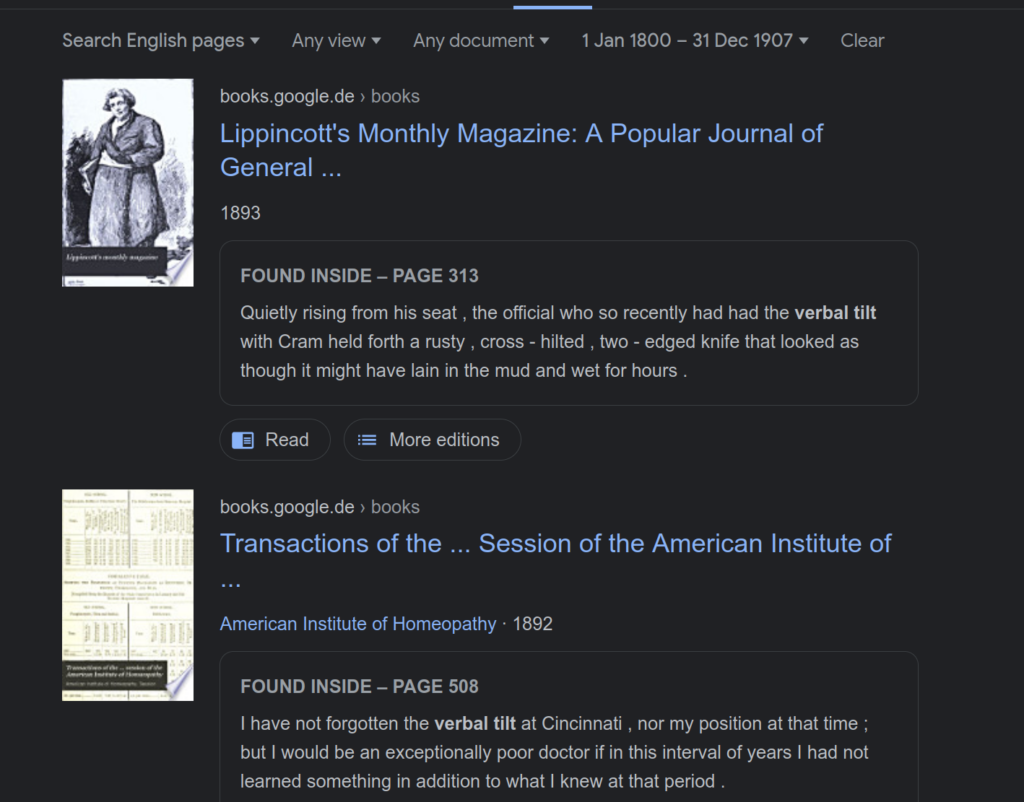
So the meaning appears to be an argument, or verbal competition. Wiktionary gives the meaning as coming back from fighting on horses. The meaning is funny because that is actually related to social skills, as I had mentioned in the case of Shockley (known to angrily shout at people!).
